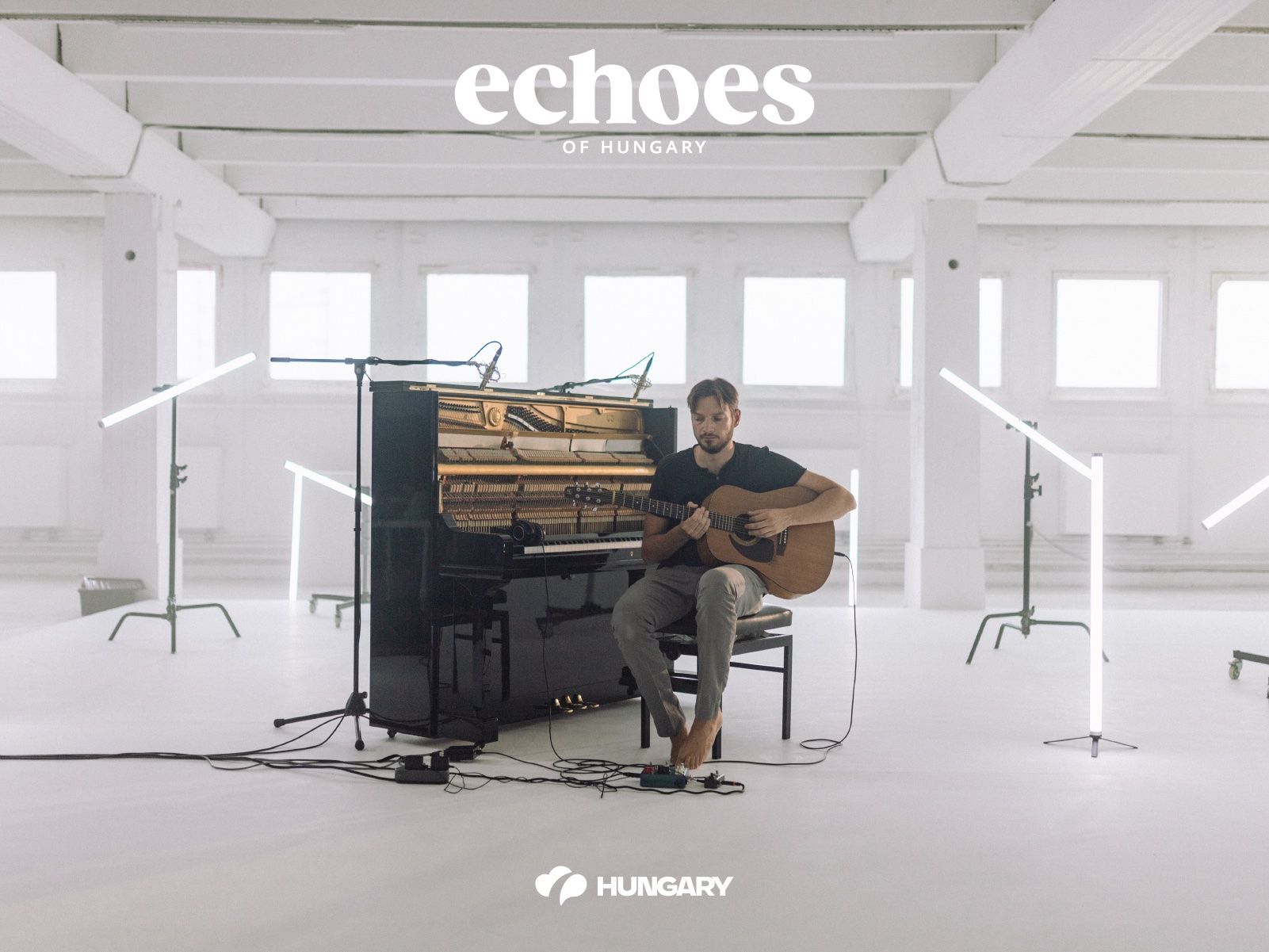Bruno Bavota feels like he stepped out of a movie: a real larger-than-life, romantic character. Not only is he a musician specialising in Italian and classical styles, but he is also a truly gentle and sensitive man. His passionate and evocative style makes it hard to believe that he was already twenty-four years old when he discovered his flair for music. But while musical inspiration may have struck relatively late in his life, his newfound talent rapidly matured, and he quickly found his own style as a musician. Adept at playing multiple instruments, Bruno classifies himself as a modern-classical musician. He very quickly realised that the piano was his favourite instrument, and he has been using it as his primary means of expression ever since. His earlier albums were fully instrumental, but his most recent LP also includes the vocals of Dutch singer Chantal Acda. Their joint effort was released under the title „A Closer Distance”.
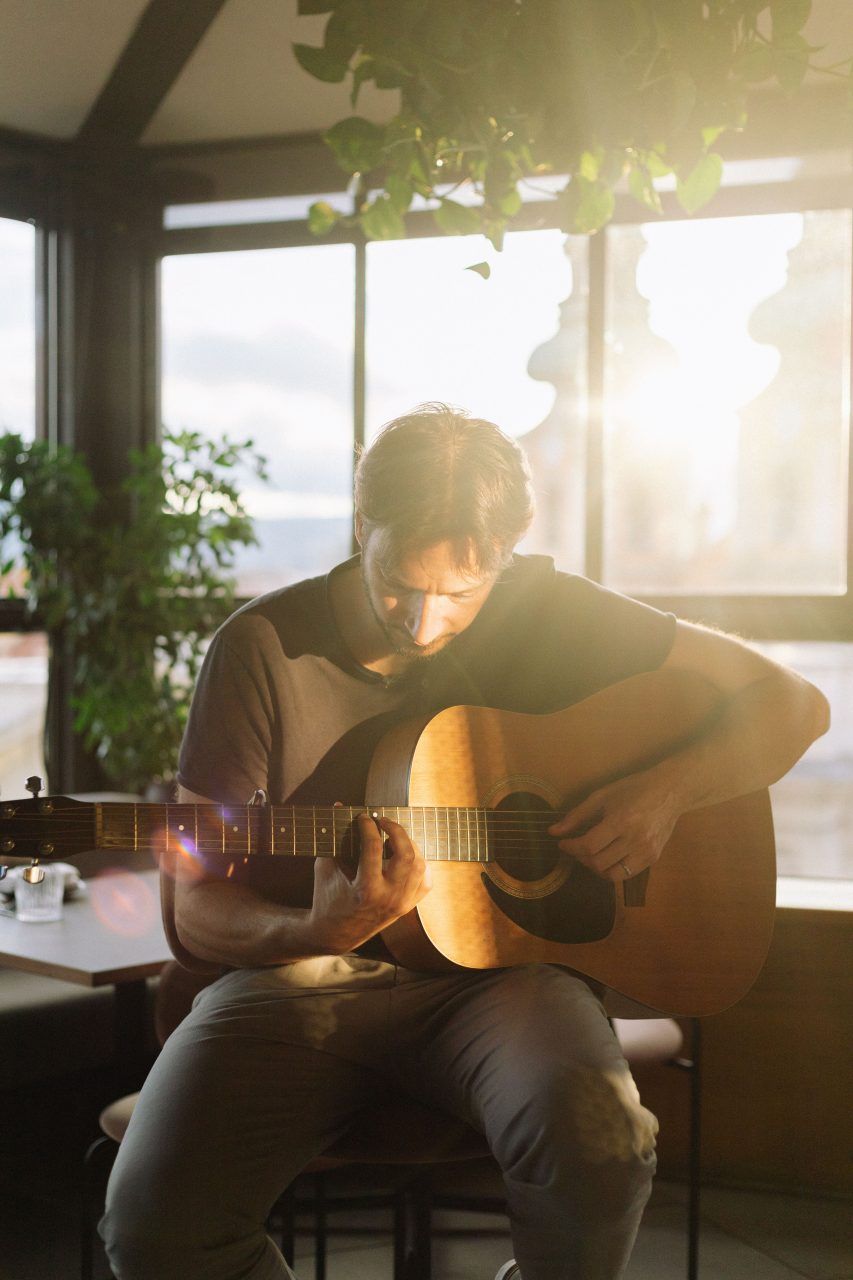
How many times have you been to Budapest? Do you ever see your travels as a source of inspiration?
It was the first time I had ever been in Hungary, and I grew very fond of Budapest. I find myself especially fascinated by Eastern European cities, and Budapest certainly did not disappoint. I found the city elegant and reassuring. I had my first breakfast on the roof terrace of my hotel room, which offered a splendid view of the city. I fell in love instantly. My travels have always been a great source of inspiration to me. Travelling and getting to know other cultures and lifestyles is always an emotional experience for me, propelling me forward mentally.
Speaking of travel, what are your key motivations for travelling to a new country? Did you find what you were looking for in Hungary?
I don’t have any specific objectives when I travel. Fortunately, my job gives me the opportunity to travel a lot, and I believe this keeps my mind sharp. A lot of people actually find travel helpful in not getting stuck in a rut, and seeing the big picture. I was born and continue to live in a very noisy city, so I normally seek and find serenity and peace in new places. When I arrive in a new town, the very first thing I do is sit in a café and just watch people, observe how they communicate with each other, or how they are absorbed in their thoughts. This may sound a little strange, but I find this a reassuring experience, because it is very easy to skim over such subtleties in your own fast-paced surroundings, since you’re used to the things happening there, so they can become meaningless to you. I definitely found what I was looking for in Hungary. I went to Gellért Hill and rented a bike, which I do in every city I travel to. I find it the best way to discover a city. I saw the House of Parliament as well, but I found the Fishermen’s Bastion to be the most beautiful building in Budapest.
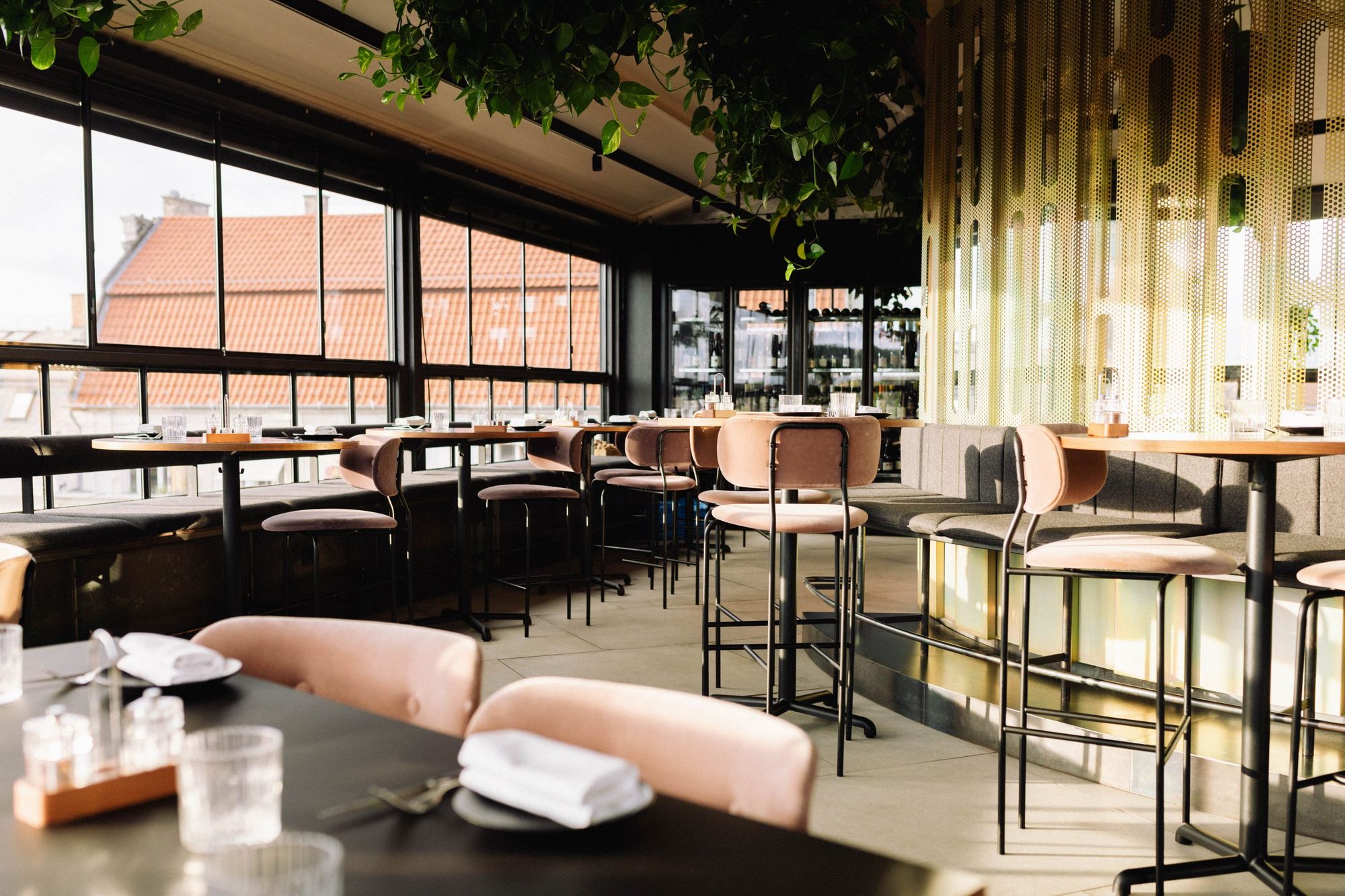
These days, expressing emotions and experiences through classical music is something of a rarity. What led you to this sincere and simple style of music? Did your Italian sentimentality play a part?
I really like your perspective on this. I do think that this sense of sincerity and purity might come from my relationship with music, because my story has been fairly extraordinary and unique, you know, the way I got where I am today, and where all of this began. I discovered my passion for music rather late in life. I was 24 years old when I started playing on my brother’s left-handed acoustic guitar, which was the only instrument we had at home. I had long felt a void inside me, and I immediately realised that playing music was filling that void. Incidentally, I’m right-handed, I do everything with my right hand. Playing the guitar is the only thing I do with my left, because it’s how I learned to play back then. Later, I also started playing the piano at 26, and this is where I’m at now. This is why I think that my story must have influenced my style, because music wasn’t a part of my life when I was a kid, so I really do feel that I was the one who made the choice to become a musician, and I wouldn’t feel comfortable doing anything else. I am really grateful for where I am now.
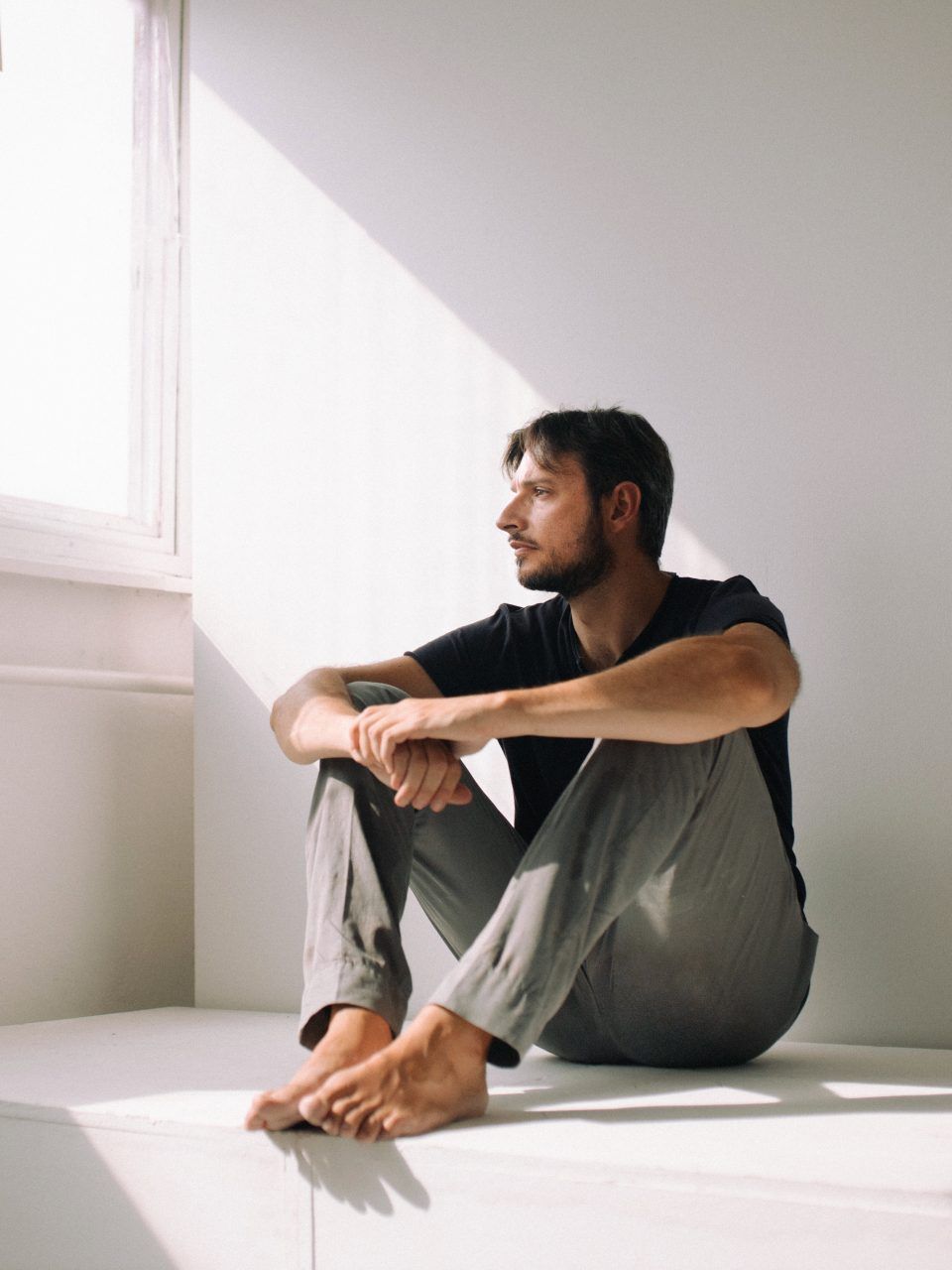
Your new song featuring Chantal Acda has just been released. How do you complement each other, musically?
This is my first collaboration with another musician, and I’m lucky enough to be doing it with a brilliant singer-songwriter as my partner. The process was oddly natural: I composed the music, and whenever I finished a track, I immediately sent it to her. And within 24 to 48 hours, she would send them back, with her singing voice already on the track. We connected very deeply. I’m truly happy with the end result.
What do you think are the three moods that are best conveyed by your music?
Silence, melancholy and audacity.
What are your musical plans for the rest of the year? We are going on a European tour next autumn with Chantal Acda, focusing on our first album „A Closer Distance”, but I’ll also be working on new music.
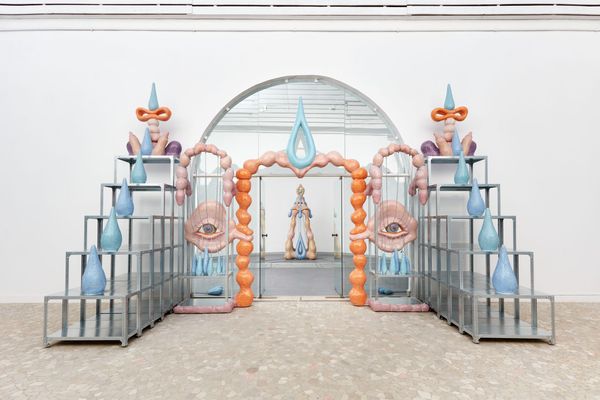
“Capturing the world’s vibrations”—Our interview with the artist and the curator exhibiting at the Hungarian pavilion at the 59th Venice Biennale

Smart use of the „gas weapon” favors the Russian side - interview on the energy emergency










